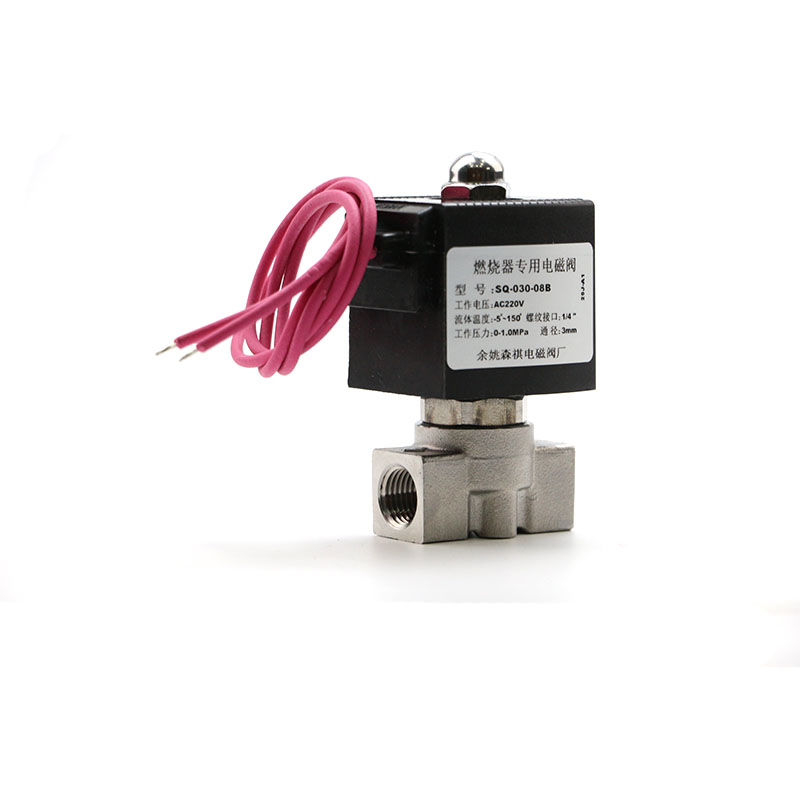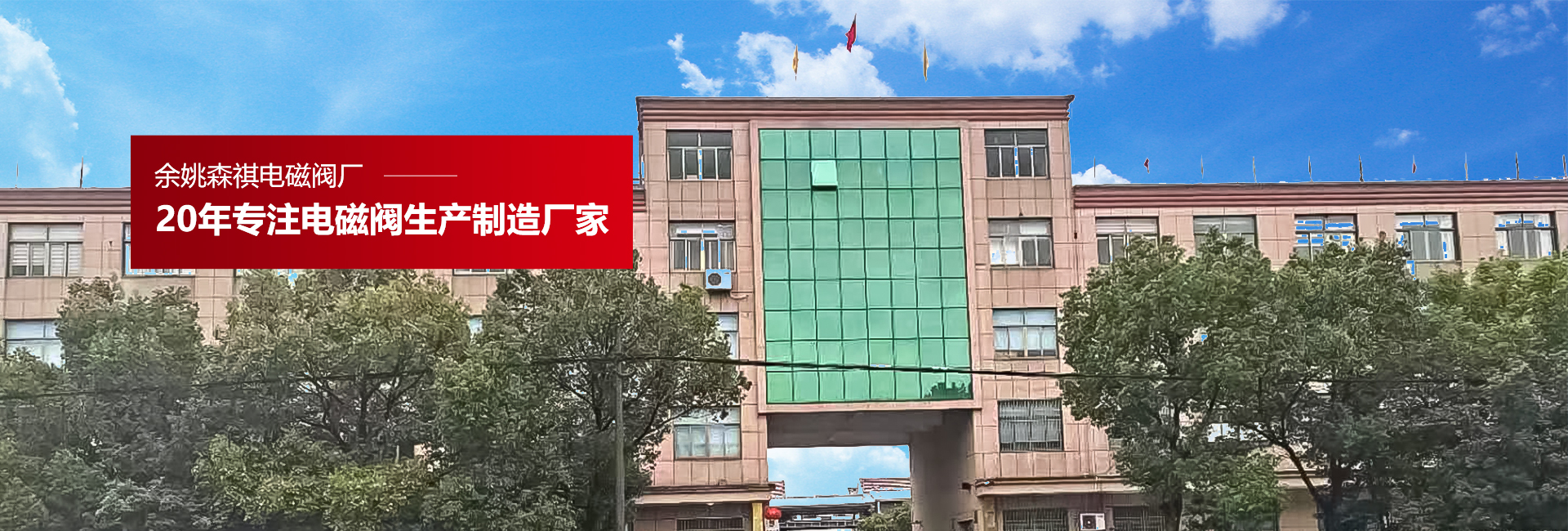The products now produced are all direct-acting or pilot-operated structures, fast opening and closing, and unique soft sealing technology. Applicable temperature: It can be used for a long time within the range of -50℃~+180℃. Stainless steel solenoid valve is mainly used for solvents in strong acids, strong alkalis, strong oxidants, organic solvents and strong corrosive fluid media, as well as flammable and explosive fluids.
Corrosion-resistant solenoid valves can be divided into four types of solenoid valves: PVC, ABS, PP, and PTFE according to different valve body materials; the control mode is normally closed and normally open, and PVC/PP/tetrafluoro three-way reversing valve (one in two Out).
Selection concentration of corrosion-resistant solenoid valve:
Applicable to: sulfuric acid concentration <30%, any concentration of hydrochloric acid can be used, fluid temperature <60℃;
Scope of application of polyvinyl chloride solenoid valve: sulfuric acid concentration <50%, any hydrochloric acid concentration is appropriate, fluid temperature <60℃;
Application range of polypropylene solenoid valve: general inorganic acid, alkali, salt, etc., can withstand common corrosion at 80℃;
Applicable to: sulfuric acid concentration <98%, any gas stove solenoid valve hydrochloric acid concentration, fluid temperature <150℃, PTFE solenoid valve.
Corrosion-resistant solenoid valve:
Corrosion resistant solenoid valve due to its unique opening and closing principle and scientific structure design, each part of the product can choose different polymer materials according to different chemical media. At the same time, because of the pilot solenoid valve, its pilot hole and pressure relief hole are more than traditional The valve is dozens of times larger, and the return spring is installed outside the medium, which has the advantages of not easy to block, acid and alkali resistance, corrosion resistance, and long life.











